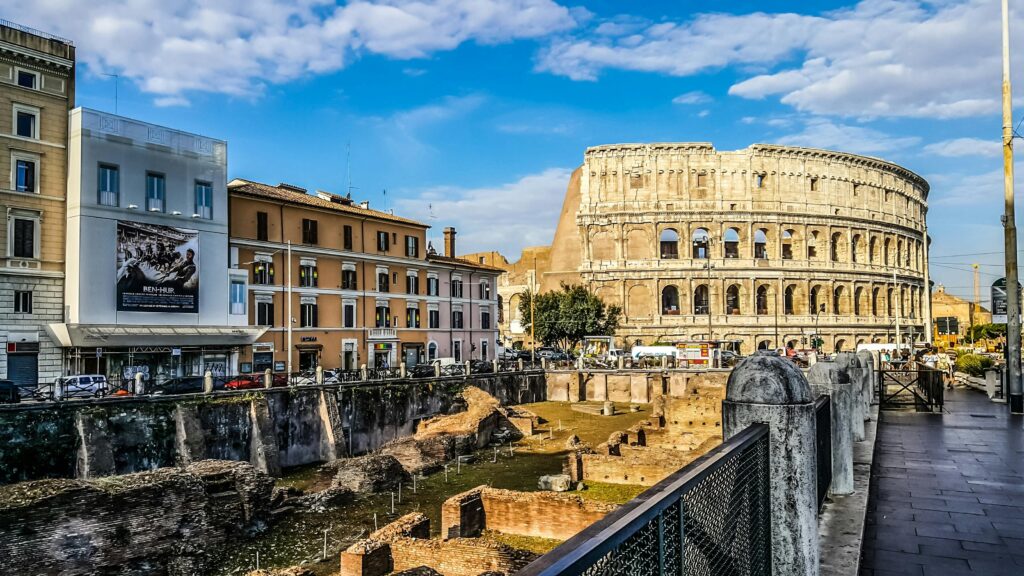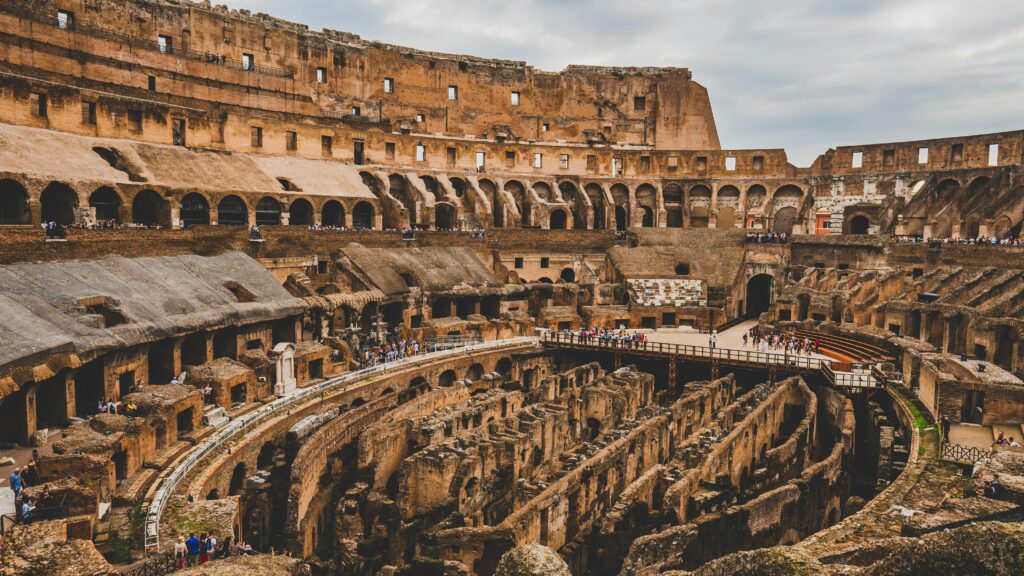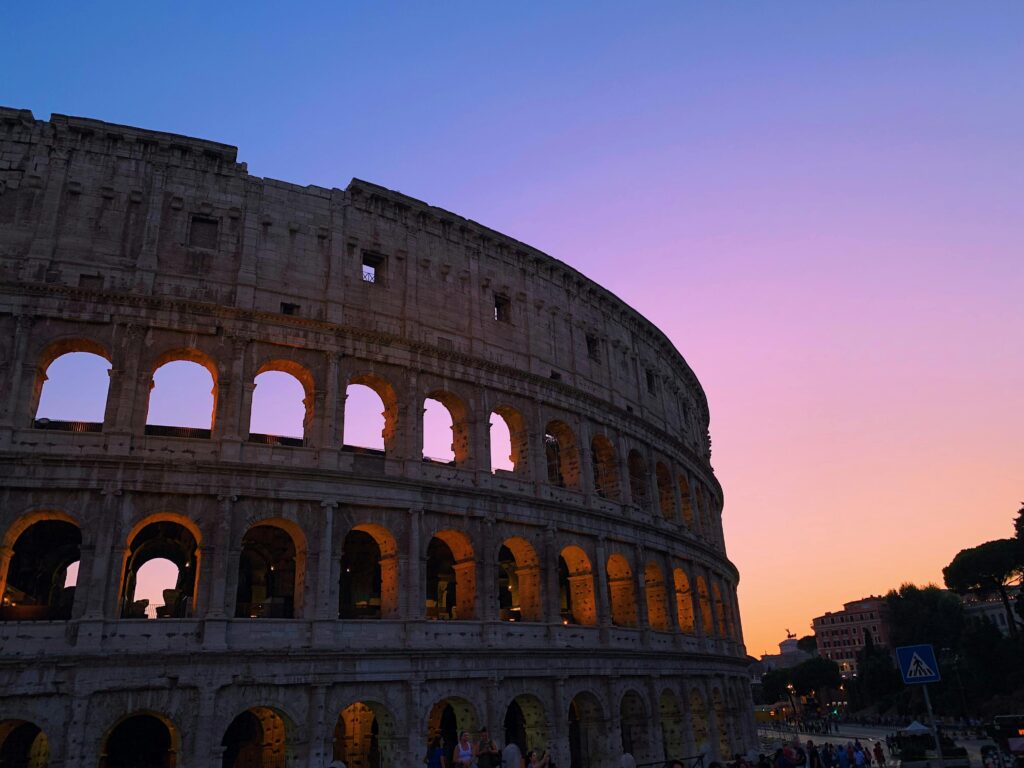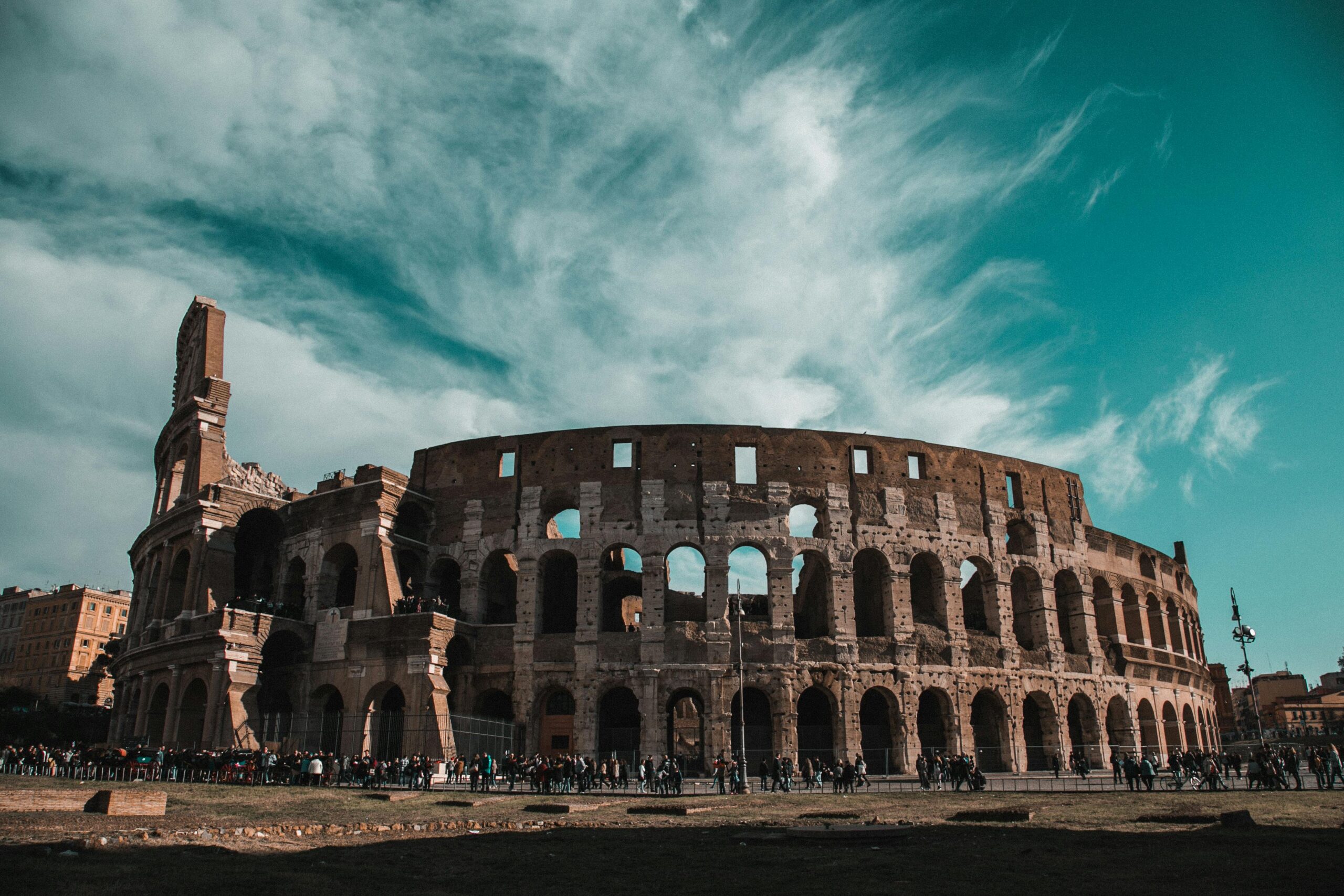Italian authorities have imposed a collective fine of €17 million on seven companies for engaging in price-fixing schemes related to tickets for the iconic Rome Colosseum. This unprecedented move is a signal to the tourism industry that anti-competitive practices will not be tolerated, particularly at sites of immense cultural and historical significance.

Unveiling the Price-Fixing Scheme
Investigations by Italy’s competition authority uncovered that several firms colluded to set and maintain artificially high ticket prices for visitors to the Colosseum. This cartel-like behavior was designed to control the market and maximize profits by preventing fair competition. Key aspects of the case include:
- Collusive Agreements:
The investigation revealed that the companies, ranging from tour operators to ticket resellers, coordinated their pricing strategies rather than competing against each other. This resulted in consistently inflated ticket prices for millions of visitors. - Impact on Consumers:
Price fixing deprived tourists of the benefits of a competitive market, resulting in higher costs for entry to one of Rome’s most treasured monuments. The artificial hike in prices meant that visitors paid more than they would in a truly competitive scenario. - Detection and Evidence:
Authorities gathered evidence through digital communications and financial records, linking the firms and confirming a deliberate strategy to control ticket prices. This evidence provided a robust basis for the imposition of fines under Italian antitrust laws.
Regulatory and Legal Framework
The fine of €17 million is one of the most significant enforcement actions in Italy’s tourism sector. It underscores the rigorous application of competition law designed to protect consumers and ensure fair market practices. Key points include:
- Antitrust Laws in Italy:
Italian law, aligned with broader European Union regulations, prohibits any form of collusion that manipulates market prices. The competition authority, empowered to investigate and penalize such behavior, acted decisively in this case. - Precedents and Enforcement:
Similar fines have been imposed in other sectors where price-fixing has been detected, but this case stands out due to the high-profile nature of the Colosseum. The decision reflects a broader trend of tightening oversight over practices that undermine consumer rights. - Future Implications:
The ruling sets an important precedent not only for cultural heritage sites but also for the global tourism market. Companies operating in competitive environments are being reminded that collusive behavior carries significant financial and reputational risks.
Economic and Cultural Implications
The ramifications of this case extend beyond legal penalties, affecting both the economy of Rome and the experience of international tourists:
- Tourism Revenue and Site Management:
While the artificially high ticket prices may have previously contributed to higher short-term revenues for the firms involved, they also risk tarnishing the reputation of one of the world’s most visited tourist sites. Fair pricing is essential to ensure a sustainable flow of visitors, which in turn supports maintenance and preservation efforts at the Colosseum. - Consumer Trust and Market Competition:
Restoring consumer confidence is paramount. By cracking down on price-fixing, authorities aim to foster a healthier, more competitive market that benefits tourists through more transparent and fair pricing. - Broader Cultural Impact:
The Colosseum is not only a significant economic asset but also a cultural emblem. Ensuring that its access remains fair and affordable is vital for preserving its legacy as a monument open to all, regardless of economic status.

Industry Response and Future Outlook
In response to the enforcement action, several industry bodies and consumer rights groups are calling for continued vigilance:
- Increased Surveillance:
There is a strong push for enhanced regulatory monitoring to prevent similar schemes in the future. This might include more frequent audits, improved reporting mechanisms, and the use of advanced data analytics to detect irregular pricing patterns. - Corporate Reforms:
Companies implicated in the scandal are under pressure to overhaul their pricing strategies and adhere strictly to fair competition practices. Some firms have already initiated internal reviews to ensure compliance with antitrust regulations. - Policy Reforms:
On a policy level, this case has sparked discussions about further strengthening consumer protection measures in the tourism industry, particularly at major cultural sites. Future reforms may focus on greater transparency in ticket sales and stricter penalties for anti-competitive behavior.
Frequently Asked Questions
Q: What exactly does price fixing mean in this context?
A: Price fixing refers to an agreement among competing companies to set prices at a certain level rather than letting the market determine them. In this case, companies colluded to keep ticket prices for the Colosseum artificially high.
Q: Who were the companies involved in the price-fixing scheme?
A: The fine targeted seven firms, including various tour operators and ticket resale agencies. While the specific identities were detailed in official documents, the focus was on those found to have coordinated their pricing strategies.
Q: How were the anti-competitive practices uncovered?
A: Authorities used digital records, financial documents, and communications between the firms to demonstrate collusion. This evidence confirmed that the companies worked together to manipulate ticket prices.
Q: What impact did this price fixing have on consumers?
A: Consumers were forced to pay higher than normal prices to access the Colosseum, reducing the affordability of visiting this historic site and limiting fair competition in the market.
Q: How does this fine affect the tourism industry in Rome?
A: The fine is intended to deter anti-competitive practices and promote fair pricing. In the long run, it should benefit consumers and contribute to a healthier, more sustainable tourism market that supports the preservation of historical sites.
Q: What are the broader implications of this case for the EU?
A: Given that Italy’s competition laws are in line with EU regulations, this case may influence similar enforcement actions across other member states, strengthening consumer protections and ensuring market fairness in tourism.
Q: Will the ticket prices decrease following this enforcement action?
A: Authorities aim to restore competitive pricing in the market. While immediate reductions depend on how the implicated companies adjust their pricing strategies, consumers can expect more competitive prices over time as the market corrects itself.
Q: What measures are being proposed to prevent similar incidents in the future?
A: Proposals include increased regulatory monitoring, improved transparency in ticket sales, and more frequent audits of companies operating in the tourism sector. There is also talk of strengthening penalties for collusive practices.
Q: How does this action fit into the broader regulatory landscape?
A: This fine is part of ongoing efforts by regulators to combat anti-competitive behavior. It reinforces the importance of fair market practices and aligns with similar actions taken in other sectors where price fixing has been an issue.
Q: Where can consumers find more information about this case?
A: Further details can be found through official releases by Italy’s competition authority, updates on government websites, and coverage by reputable news outlets such as The Guardian and Bloomberg.

The €17 million fine is not just a financial penalty for the firms involved—it represents a commitment to restoring fairness in one of the world’s most beloved tourist attractions. By ensuring that the Colosseum remains accessible at competitive prices, authorities are taking a significant step toward protecting both cultural heritage and consumer rights.
Sources The Guardian


